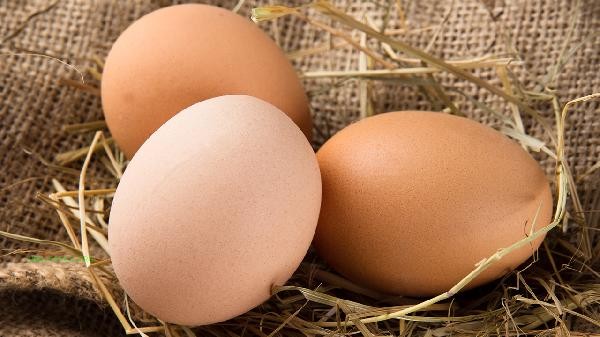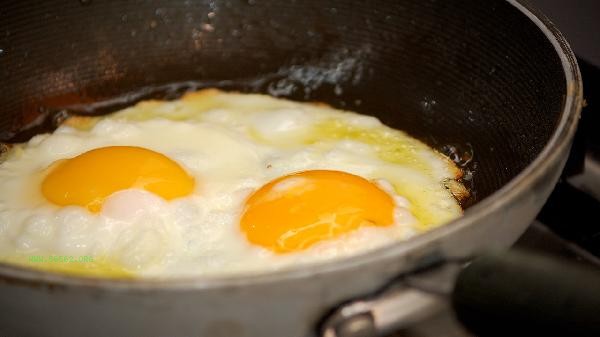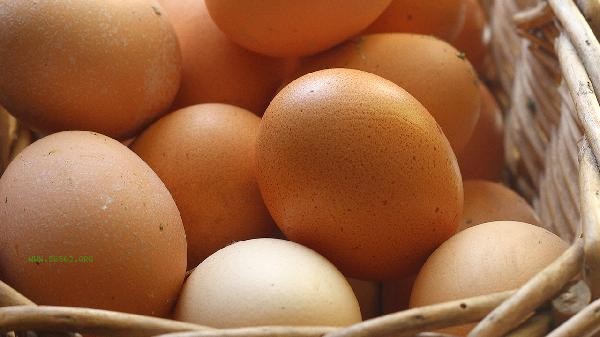It is recommended to consume 1-2 eggs per day during weight loss. Egg intake is mainly related to individual metabolic differences, exercise intensity, dietary structure, cholesterol levels, protein requirements, and other factors.

1. Metabolic differences: People with high basal metabolic rates can increase their egg intake appropriately. People with large muscle mass or who regularly engage in strength training have a higher protein requirement and can consume 2-3 whole eggs per day, but need to reduce other high-fat foods accordingly.
2. Exercise intensity:
High intensity exercise requires high-quality protein for muscle repair, and an additional egg can be added for supplementation on exercise days. For people who mainly engage in aerobic exercise, it is recommended to choose a protein portion and avoid excessive intake of egg yolk cholesterol.
3. Dietary structure:
If the daily diet already contains a large amount of animal protein such as meat and dairy products, the number of eggs should be reduced. Vegetarians who want to lose weight can increase their intake to 2-3 eggs and supplement with essential amino acids.

4. Cholesterol levels:
For individuals with abnormal blood lipids, it is recommended not to exceed one whole egg per day, or to replace one whole egg with three proteins. Current research on healthy individuals supports that consuming 1-2 whole eggs daily does not significantly affect blood lipids.
5. Protein requirement:
Calculated at 1.2-1.6 grams of protein per kilogram of body weight, a 60 kilogram weight loss person needs 72-96 grams of protein per day. One egg contains about 6 grams of protein, which needs to be coordinated with foods such as chicken breast and fish. As a high-quality source of protein, eggs are recommended for low oil cooking methods such as boiling and steaming during weight loss. Pairing whole wheat bread with vegetables can slow down blood sugar levels and avoid consuming them alone. Cholesterol sensitive individuals can choose to consume eggs for breakfast and use daytime activities to metabolize cholesterol. Continuously monitor weight changes and physical examination indicators. If there is indigestion or blood lipid fluctuations, adjust egg intake in a timely manner and consult a nutritionist. supplementing with egg protein within 30 minutes after exercise is most effective, and can be paired with fast carbohydrates such as bananas to help with protein absorption.





Comments (0)
Leave a Comment
No comments yet
Be the first to share your thoughts!